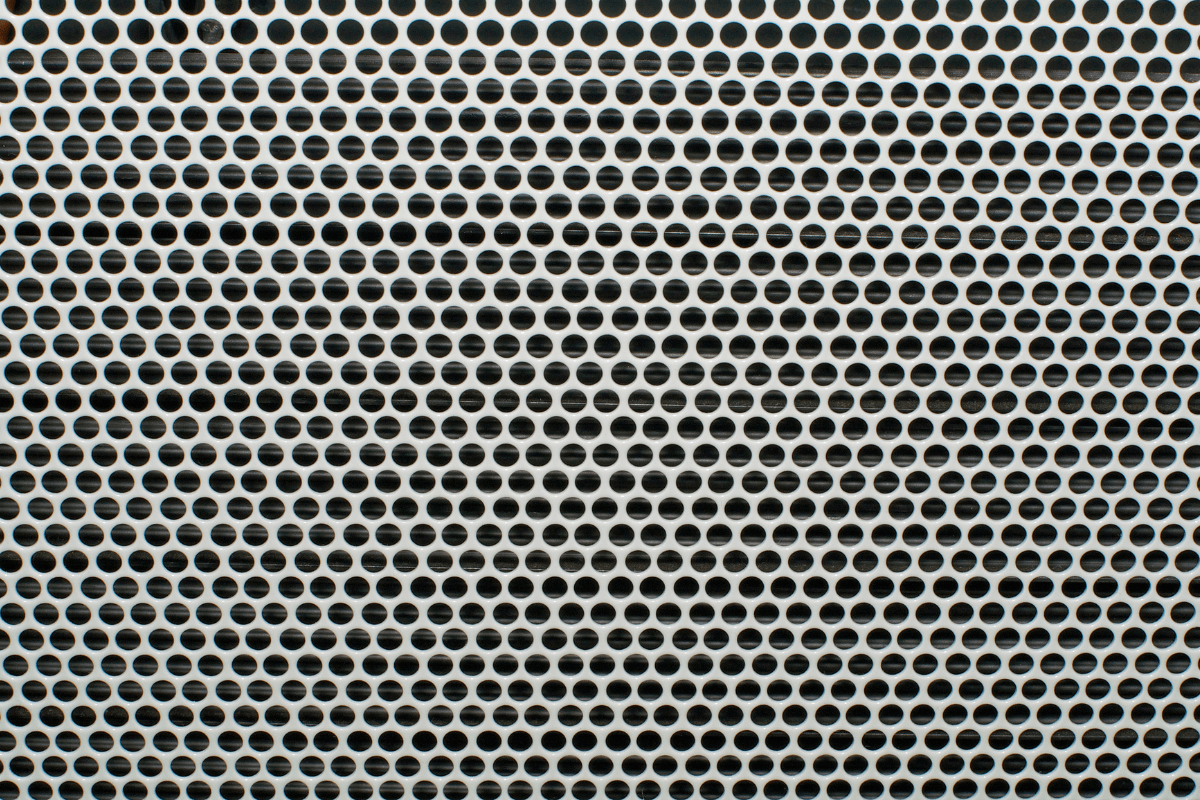Wire cloth, also commonly known as wire mesh, is a versatile and durable material used in various applications. One popular variant of wire cloth is aluminum mesh. In this article, we will explore the definition, usage, benefits, and applications of aluminum mesh. We will also discuss the factors to consider when choosing aluminum mesh, as well as tips for installation, maintenance, and common issues.
What is aluminum mesh?
Definition of aluminum mesh
Aluminum mesh refers to a type of wire cloth made from aluminum wire. It is woven in a wide range of styles and sizes, providing different levels of strength and flexibility depending on the application. Aluminum mesh is lightweight yet strong, making it suitable for various industrial, marine, and automotive applications.
Usage of aluminum mesh
Aluminum mesh is commonly used for filtration, screening, fencing, and decorative purposes. Its open area allows for efficient airflow and visibility. It can also be used as window screens, insect screens, and security barriers. Additionally, aluminum mesh is utilized in industries such as automotive, marine, construction, and manufacturing.
Benefits of aluminum mesh
There are several benefits to using aluminum mesh. Firstly, aluminum is a lightweight metal, making the mesh easy to handle and install. Despite its lightweight nature, aluminum mesh offers good corrosion resistance, especially when compared to other metals like steel or stainless steel. It is also highly durable and can withstand harsh environmental conditions. Furthermore, aluminum mesh is available in a wide range of styles and sizes, allowing for customization to meet specific requirements.
How is aluminum mesh different from other wire meshes?
Comparison of aluminum mesh with steel mesh
One notable difference between aluminum mesh and steel mesh is their composition. Aluminum mesh is made from aluminum wire, while steel mesh is made from steel wire. Steel mesh tends to be stronger and more rigid than aluminum mesh, but it is also heavier and more susceptible to corrosion. On the other hand, aluminum mesh provides good corrosion resistance and is lightweight, but it may not be as strong as steel mesh in certain applications.
Comparison of aluminum mesh with stainless steel mesh
Stainless steel mesh, as the name suggests, is made from stainless steel wire. It offers excellent corrosion resistance and is often used in environments that require high levels of hygiene and cleanliness. Unlike aluminum mesh, stainless steel mesh is not as lightweight but provides superior strength and durability. It is widely used in industries such as food processing, pharmaceuticals, and laboratory settings.
Comparison of aluminum mesh with copper mesh
Copper mesh shares some similarities with aluminum mesh, such as good corrosion resistance and lightweight properties. However, copper mesh tends to be more expensive than aluminum mesh. It is commonly used in specialized applications that require its unique electrical or thermal conductivity properties.
What are the applications of aluminum mesh?
Industrial applications of aluminum mesh
In industrial settings, aluminum mesh finds applications in filtration, separation, ventilation, and conveyor systems. It is used to create sieves, strainers, baskets, and trays. Aluminum mesh is also utilized in machinery and equipment protection, as well as in the production of electrical components and enclosures.
Marine applications of aluminum mesh
Due to its corrosion resistance, aluminum mesh is commonly used in marine applications. It is used in boat building, ship repair, and offshore structures. Aluminum mesh is also used in the construction of docks, piers, and marine barriers. Its lightweight nature makes it ideal for various marine applications where weight reduction is desired.
Automotive applications of aluminum mesh
In the automotive industry, aluminum mesh is used for radiator grilles, air intake systems, and engine compartment covers. It provides protection for the vehicle’s internal components while allowing for proper airflow. Aluminum mesh is also utilized in car body panels, interior trim, and decorative elements.
What should be considered when choosing aluminum mesh?
Factors to consider for mesh size
The mesh size refers to the number of openings per linear inch. The choice of mesh size depends on the specific application and the desired level of filtration or screening. Finer mesh sizes provide higher filtration efficiency but may restrict airflow, while larger mesh sizes allow for better airflow but may not provide the desired level of filtration.
Factors to consider for wire gauge
Wire gauge determines the thickness of the wire used in the mesh. Thicker wire gauges provide increased strength and durability, but they may also reduce flexibility and affect the visual aesthetics of the mesh. Thinner wire gauges are more flexible but may compromise strength in certain applications.
Factors to consider for opening size
The opening size refers to the distance between adjacent wires in the mesh. It determines the size of particles or objects that can pass through the mesh. The opening size should be chosen based on the desired level of filtration or screening. Smaller opening sizes provide better particle retention, while larger opening sizes allow for easier passage of particles or objects.
How to install and maintain aluminum mesh?
Steps for installing aluminum mesh
Installing aluminum mesh is a relatively straightforward process. First, measure and cut the mesh to the desired size using appropriate cutting tools. Then, secure the mesh to the desired structure using fasteners, such as screws or clips. Ensure that the mesh is taut and properly aligned to achieve a neat and professional installation.
Tips for maintaining aluminum mesh
To maintain aluminum mesh, regular inspections should be conducted to check for any damage or signs of corrosion. Cleaning the mesh with a mild detergent and water solution can help remove any dirt or debris that may accumulate over time. Avoid using abrasive cleaning agents or tools, as they can potentially damage the mesh. Additionally, periodic lubrication of hinges or moving parts can help ensure smooth operation.
Common issues and solutions for aluminum mesh
One common issue with aluminum mesh is the potential for denting or deformation due to impacts or heavy loads. To mitigate this issue, choosing a thicker wire gauge or reinforcing the mesh with additional supports may be necessary. Another common issue is corrosion, although aluminum mesh is generally more resistant to corrosion compared to other metals like steel. Regular inspections and prompt treatment of any signs of corrosion are essential to maintain the integrity of the mesh.

